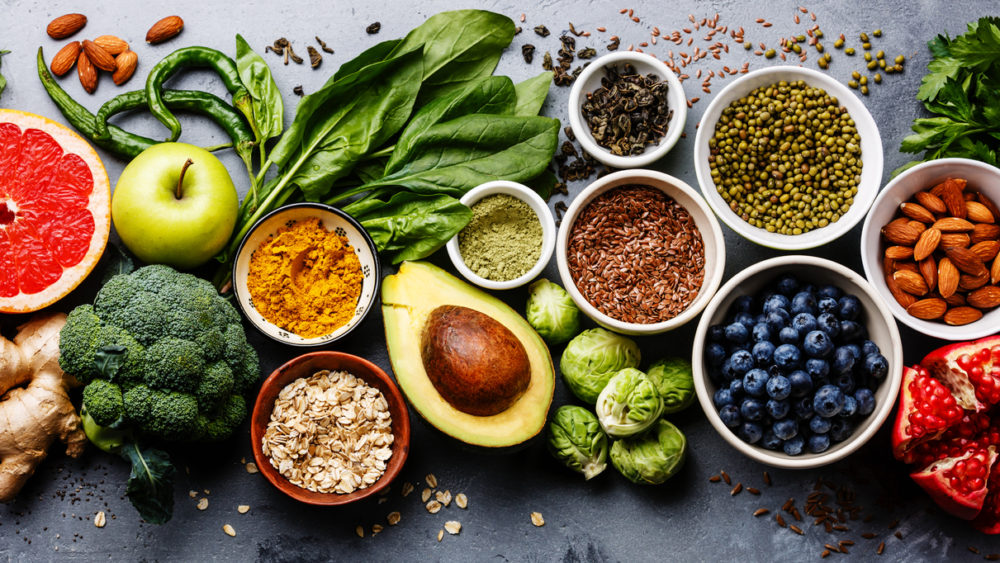
Thanks to advances in technology, the eye care industry is constantly evolving. From the perspective of an optical lab, we appreciate being able to provide the best products, services, and value to our customers. This includes digital surfacing, which offers clearer vision than ever before.
Most people know that what they eat affects their health, and may have even heard that carrots help them see in the dark. But do they know that a poor diet can actually cause vision problems and even blindness? That was the case with a 17-year-old boy whose shocking story was reported in the Annals of Internal Medicine last month [1]. His story brings attention to a very real issue: an improper diet, whatever the cause, can have very serious repercussions for eye health. It’s important that patients understand what a profound effect lifestyle choices can have on one of their most valuable assets: the ability to see.
The picky teenage eater presented to doctors with lethargy, hearing loss, impaired vision but a normal body weight despite a diet consisting of only chips, French fries, white bread, and processed pork. Tests revealed that he suffered from low vitamin B-12 and anemia, so B-12 injections were prescribed. However, his condition continued to worsen, and after several years he lost his ability to see entirely due to severe optic neuropathy. While this is an extreme case, many children (and some adults) are picky eaters, and may not be getting the nutrition they need to maintain eye health from their diet.
Are only picky eaters at risk for eye diseases?
Certain diseases can affect nutrition as well, which in turn can have dire consequences on vision. Eating disorders including but not limited to anorexia and bulimia affect 30 million people of all genders and ages in the U.S. [2] Alcoholism affects one in eight American adults, and can cause medical malnourishment [3]. The obesity epidemic has led to an increase in bariatric procedures such as gastric bypass surgery, which can have an effect on the absorption of nutrients from food. In 2017 alone, 228,000 bariatric procedures were performed in the U.S. [4] As can be seen from the data, these diseases are very common and can have a profound impact on eye health.
How can I help my patients?
While these diseases are hard to overcome, opticians can encourage all patients to adopt an eye-healthy diet. Leafy green veggies such as kale, spinach, romaine lettuce, collard greens, turnip greens, broccoli, and peas provide lutein and zeaxanthin, which reduce the risk for cataracts and macular degeneration. Citrus fruits such as oranges, tangerines, grapefruit, and lemons provide the important antioxidant vitamin C, which supports blood supply to the eye. Beans, oysters, lean red meat, and poultry are good sources of zinc, which is essential to the production of melanin and aids in night vision. Cold water fish such as salmon, tuna and sardines are a great source of omega-3 fatty acids, which reduce the risk of glaucoma. And, as most patients are aware, orange-colored fruits and veggies such as carrots, sweet potatoes, apricots, and cantaloupe provide beta carotene, which aids in night vision. Just eating a few of these foods each day can go a long way to protecting one of the most important parts of the body: the eye. Allentown Optical understands that maintaining eye health is important for your patients. Our independent optical lab is here to help your optical business succeed.
References
1. Blindness Caused by a Junk Food Diet
Rhys Harrison; Vicki Warburton, PhD; Andrew Lux, PhD; Denize Atan, PhD
2. Prevalence of 12-Month Alcohol Use, High-Risk Drinking, and DSM-IV Alcohol Use Disorder in the United States, 2001-2002 to 2012-2013
3. Eating disorder statistics
4. Bariatric statistics
ASMBS.org
